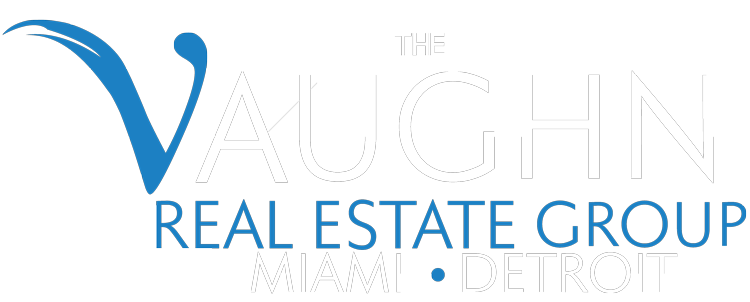Many of us own a home or a condominium governed by a community association, or maybe you are considering buying one that is. Understanding the condo and HOA budgeting process in your community should be your top priority as an owner or potential buyer. Similar to your own personal financial management, planning and monitoring of the budget will help the community identify wasteful expenditures, adapt quickly as the financial situation changes, and assist in the community achieving financial goals.
Budgets & Replacement Reserves

Condo and HOA Budgeting
Budgets are tools to effectively manage and operate
a community association. Unfortunately, many homeowners do not take the time to read and understand the vital role that budgets play in the financial stability of their community association. Often thought of as an annual financial planning, the budget, is a way for associations to prepare for capital improvement projects such as paving the community’s roadways, replacing roofs,resurfacing the common area pool, or installing a new gate access control system.
Additional Budget Uses:
- Basis for determining owner assessments
- Provides a plan of action for continuity of community services
- Helps the community maintain its desire quality of life (i.e. luxury and fitness amenities)
Budget Components
The two major components of a community association budget are income and expenses. Income is the total revenue that comes in, while expenses are the total amounts of money spent.
Income:
- Owner assessments – owner’s financial obligation to the community association.
- Interest – Earned from financial instruments such as cash savings or investments.
- Other revenue – Earned from late payment fees, violation fines, and rental of clubhouse or units.
Expenses:
- Operation – routine administration and operations such as pool maintenance service, professional management services, utilities, lawn maintenance, and janitorial services.
- Capital improvements – New improvements that increase the life, usefulness or value of the community.
- Reserve or Replacement fund – repair or replacements of major components mentioned below.
Reserve Accounts
The reserve accounts are funds set aside (usually in a separate investment bank account) for the replacement of major components of the community common property such as the asphalt roadways, concrete walkways, roof replacement, central heating and cooling systems, swimming pool and tennis courts just to name a few. Your association should have a reserve study done every 3-5 years to determine the adequate level of funding that maybe needed for each reserve account line item.
Reasons Associations Maintain Reserve Accounts:
- Maintaining a reserve account maybe required by law in your state or community governing documents. Also mortgage lenders that offer Fannie Mae, FHA and VA backed loans require a certain level of reserve accounting.
- Provides for planned replacement of major items – As an owner, you will expect the community association to fulfill its obligations. At some time in the future, replacement of major components will have to be done.
- Equalizes the contributions of old and new owners – Every owner who lives in a community should pay an equal share of the replacement cost during their time of ownership.
- Minimizes the need for special assessments – Special assessments can be financially devastating to owners that are on fixed incomes or have limited resources.
- Enhances resale values – There are ramifications for a new buyer if reserves for replacement are inadequate. Also most lenders require adequate replacement reserves before approving a loan application.
In summary, budgeting can vary from one community association to another. They can also vary from year to year. As an owner or potential buyer, you are encourage to learn more about the financial management of your community association. If you have any questions or concerns, you are encouraged to talk with your community’s Board of Director or association manager, and ask them to help you understand the budgeting process for association.
Written By: D. “Alex” Vaughn
Alex Vaughn, is a Broker Associate Realtor on The Vaughn Real Estate Team with Carrington Real Estate Services (US) LLC and specializes in helping first home buyers find condominiums and homes in the Greater Miami area. Alex is a highly experienced agent, offering end-to-end professional service. http://thevaughnrealestategroup.com/member/realtor-d-alex-vaughn/.




